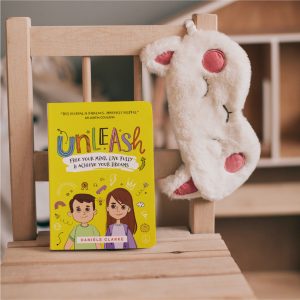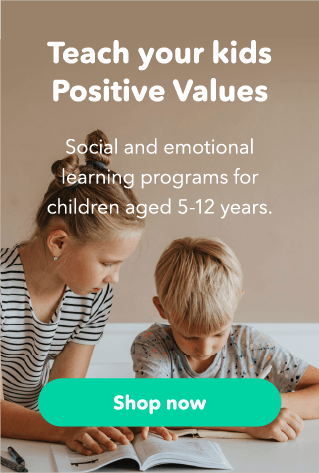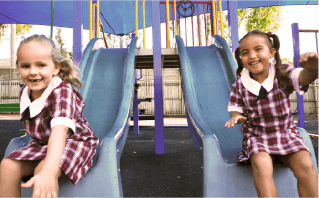
It’s a common misconception that serenity is the antidote to anxiety. To alleviate distress, we often advise our children (and ourselves) with phrases like, “Relax, take a deep breath, count to ten, think of something joyful.” However, the genuine counterbalance to anxiety is not calmness but trust. This encompasses trust in others, trust in oneself, and a broader sense of confidence in the world around us.
Anxiety often stems from the fear of the unknown, leading to feelings of vulnerability, fear, and dependency. On the other hand, trust is cultivated through knowledge, capabilities, and dependability. A profound sense of grounding comes with knowing you can depend on something or someone, including yourself. This sense of security and stability is at the heart of overcoming anxious feelings. Of course, this doesn’t mean we must have all the answers at all times; experiencing anxiety is a part of life. Yet, the faster we can return to a state of trust, the quicker we can regain our footing.
Building Trust in Children
How can we nurture this essential trust within our children? The key lies in the power of pausing. Instead of hastening to address every concern or filling in the gaps for them, it’s vital to slow down. Pausing doesn’t mean withholding support; it means providing space for growth.
- Acknowledge without solving immediately. Rather than jumping to conclusions or answers, validate their feelings with responses like, “I understand that seems troubling to you.”
- Create space for reflection. Allow pauses in conversation that invite contemplation and self-expression, such as, “Sometimes I feel that way too… it’s uncomfortable, isn’t it?”
- Encourage self-exploration. Prompt your child to express their thoughts and emotions with questions like, “What’s on your mind about how you’re feeling right now?”
- Empower their decision-making. Guide them to recognize their capabilities and choices by asking, “What do you think you could do in this situation? What would you like to try?” Encourage a collaborative approach to brainstorming solutions, reinforcing that taking time to think things through together is valuable.
Developing trust, particularly in themselves, is crucial for children struggling with anxiety. Learning to rely on their judgment and abilities fosters an internal assurance that they can manage challenges, reinforcing the belief, “I can handle this, even when it’s tough.”
Unleash: Empowering Children through Self-Reflection

Resources like the Unleash journal offer invaluable support in the journey towards fostering self-reliance and trust. Unleash is designed to guide children through a process of self-discovery and empowerment. It provides a structured yet flexible framework that encourages kids to explore their thoughts, feelings, and experiences in a way that promotes self-awareness and confidence. Through engaging activities and reflective prompts, children can delve into their inner worlds, uncovering strengths and navigating challenges with a sense of agency and resilience. This tool is an excellent complement to the practices of pausing and reflecting, helping children build a robust foundation of trust in themselves and their abilities to face life’s uncertainties with courage and confidence. For more information on how Unleash can support your child’s journey, visit Unleash Journal.
What to see what is inside Unleash? Get a free chapter here.
Related Articles
The Power of Journaling for Kids with Anxiety




